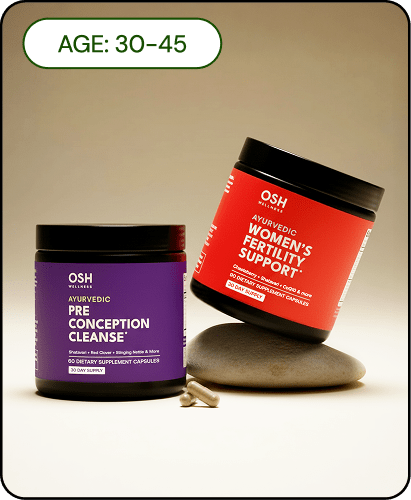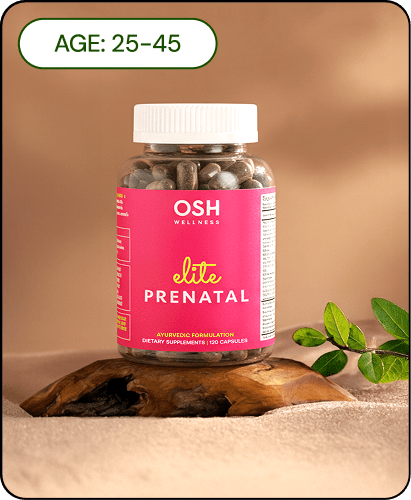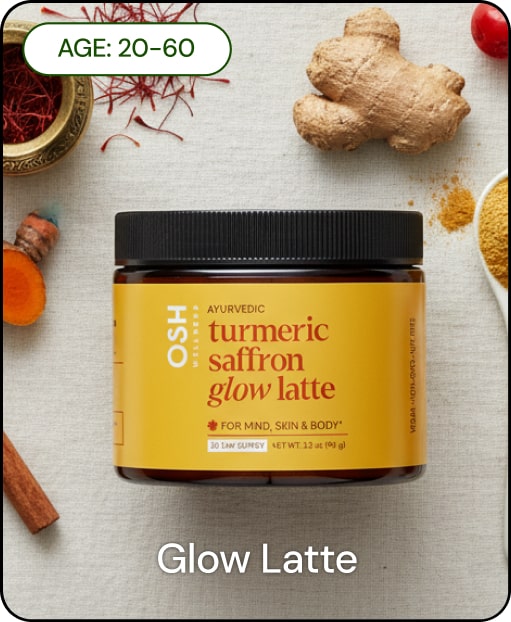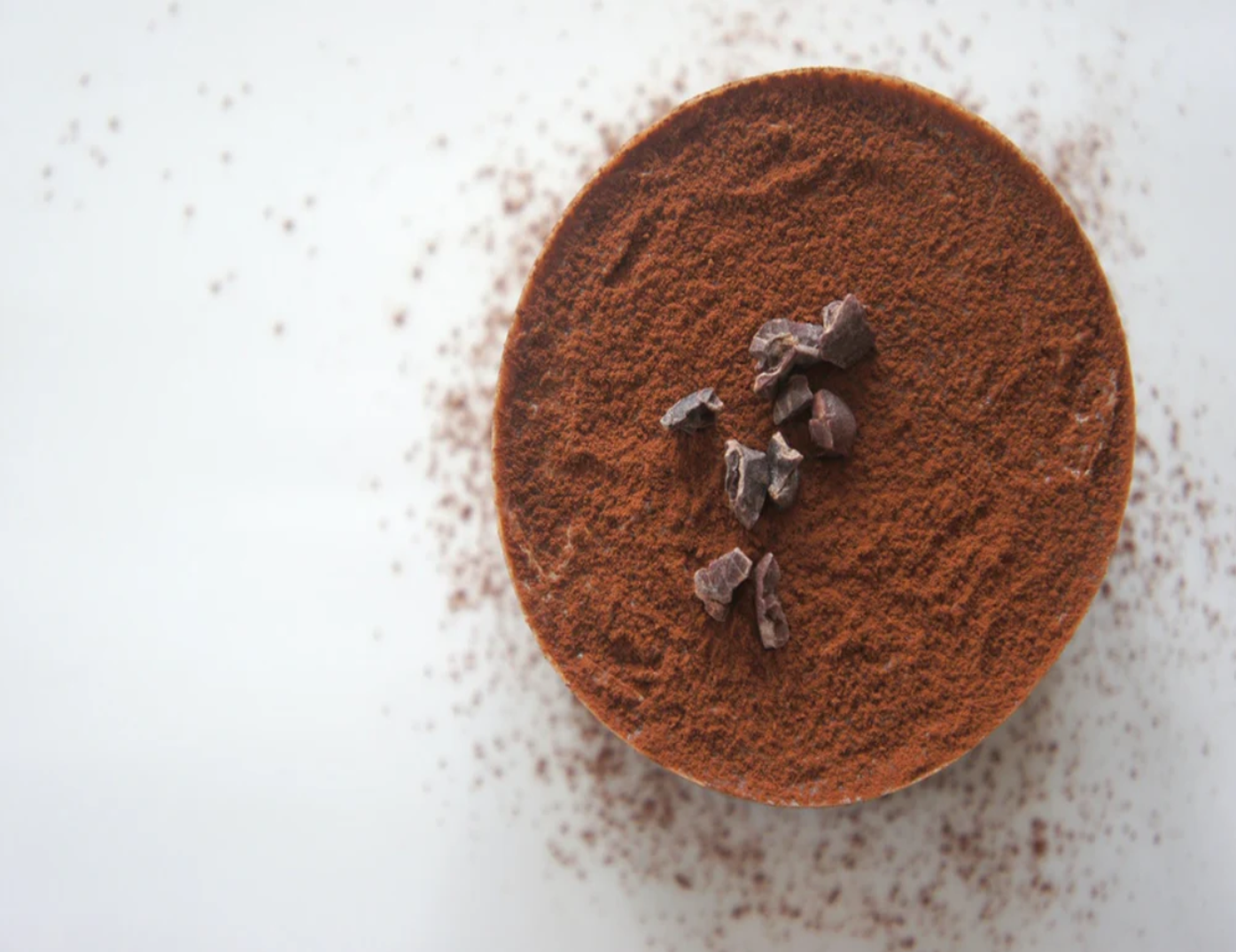Table of content
Postpartum is such a special time for both new mothers and their newborns. It is a time of discovery, bonding, and joy. But as many moms know, it is also a period of healing, change, and perhaps the most extreme fatigue you have ever experienced.
While your baby will often receive a health checkup soon after birth, and frequently after that, new moms are largely on their own. Most mothers won’t see a medical provider for four to six weeks after delivery. But while some providers may gloss over the postpartum period, it is nothing to take lightly.
New moms need rest, support, and care to aid in healing post-delivery. Many cultures around the world realize the significance of postnatal recovery and devote 42 sacred days to postpartum healing. Families, friends, and community members often jump in to help care for the mother and her newborn. Using powerful remedies to speed rejuvenation is common.
Dashamoola (or Dhashmula or Dashamula), also known as “the ten roots,” is a potent blend of ten Ayurvedic herbs. In regards to health benefits, each of these roots is powerful on its own, but when combined, they form the ultimate healing blend. When brewed as a tea, it can help ease digestion, improve your Vata, soothe inflamed muscles, and boost immunity. During the postpartum period, adding Dashamoola to your wellness routine can be a game-changer.
Balancing Your Vata
In Ayurvedic medicine, Dashamoola is believed to influence a person’s Vata strongly. Vata is considered to be the air element and the controller of ether and movement throughout the body. Following delivery, your womb that once housed your precious little one becomes an empty cavity. This hollow space, filled with excess air, sends your Vata sky high.
The qualities associated with Vata are light, cold, and dry. It is easy then to see why feelings of emptiness are associated with excess Vata. Ayurveda uses warming drinks to combat these disruptive feelings and regain strength.
One such beverage in a new mother’s daily routine can be a Dashamoola tea. This tea should help rejuvenate your Vata and lift your spirits, providing welcome relief during the trying postpartum period.
Ayurveda uses warming drinks to combat the disruptive feelings of emptiness, and regain strength.
Soothing and Supporting Your Digestive Tract
As mentioned, high Vata often means too much air within the body. When your little babe was brought earthside, its cozy home essentially became a pocket of air. Trapped within the body, this air may lead to uncomfortable bloating and gas.
But passing this wind, and anything else for that matter, may be difficult. Whether you had a natural delivery or a c-section, the first postpartum visit to the bathroom can be rather scary. Helping your system return to its normal rhythms is an important step on the path to healing.
A Dashamoola tonic can support the correct downward flow of air and waste substances. Aiding your body with expelling the things it does not need and helping to return your regular movements.
Calming Irritation
Dashamoola is an excellent anti-inflammatory. And after delivery, when nearly every part of your lower half feels swollen and inflamed, this warm beverage can be very soothing. Even if your birth was smooth, your body is likely still weak and a little irritated.
Traditionally used to treat arthritis, it is well known as a remedy for pain, swelling, and inflammation. This makes it ideal for new moms struggling with typical post-delivery symptoms.

Boosting Immunity
Yet another remarkable property of Dashamoola is its ability to boost the body’s immune system. Many women find that their immune system is still a bit depressed after childbirth. Catching a cold is often the last thing a new mom needs. Sipping on a dashamoola tea can aid in rejuvenating your immunity and keeping you healthy.
Supporting Breastfeeding
A final and important benefit of dashamoola tea simply is that you are ingesting liquid. Staying hydrated postpartum is so important. Not only so that your body can repair itself but also for lactation. To nourish your baby, you first need to nourish yourself. It is vital to rest and replenish during the sacred postpartum period, and Dashamoola tea is the perfect hydrating drink to sip on.
Ten Roots to Heal the Postpartum Body
Letting the restorative and calming properties of dashamoola work to balance your energy and heal your body is a beneficial practice for new moms. Regularly consuming these powerful roots steeped in a tea can provide the postpartum mother with many restorative benefits.
Side Effects of Dashamoola
Most moms tolerate Dashamoola quite well as there are no known side effects.
How Much Dashamoola to Consume
When prepared as a decoction, it is recommended that adults take 30 grams of Dashamoola powder and add it to 480 grams of water. Then boil the mixture down until 60 ml remains.
The recommended daily dose for an adult is 60ml. New moms may prefer to divide their dose and drink 30 ml in the morning and 30 ml at bedtime
How to Consume Dashamoola
Dashamoola is traditionally taken by making a decoction. Combine the root powder with water and boil it down. Strain it, and then sip on it as you would tea.
Recipe for Dashamoola Tea
- Drink for four to six weeks following delivery
- Boil 2 tsp of dashamoola herbs in 2 cups of water
- Boil the mixture down until only a ½ cup of tea remains
- Drink ¼ cup of tea warm in the morning and refrigerate the rest to drink before bed
Conclusion
Remember, while Dashamoola has been found extremely helpful to many new moms, all the information provided in this article are suggestions. You should do what is best for your body under the guidance of your chosen medical professional.








